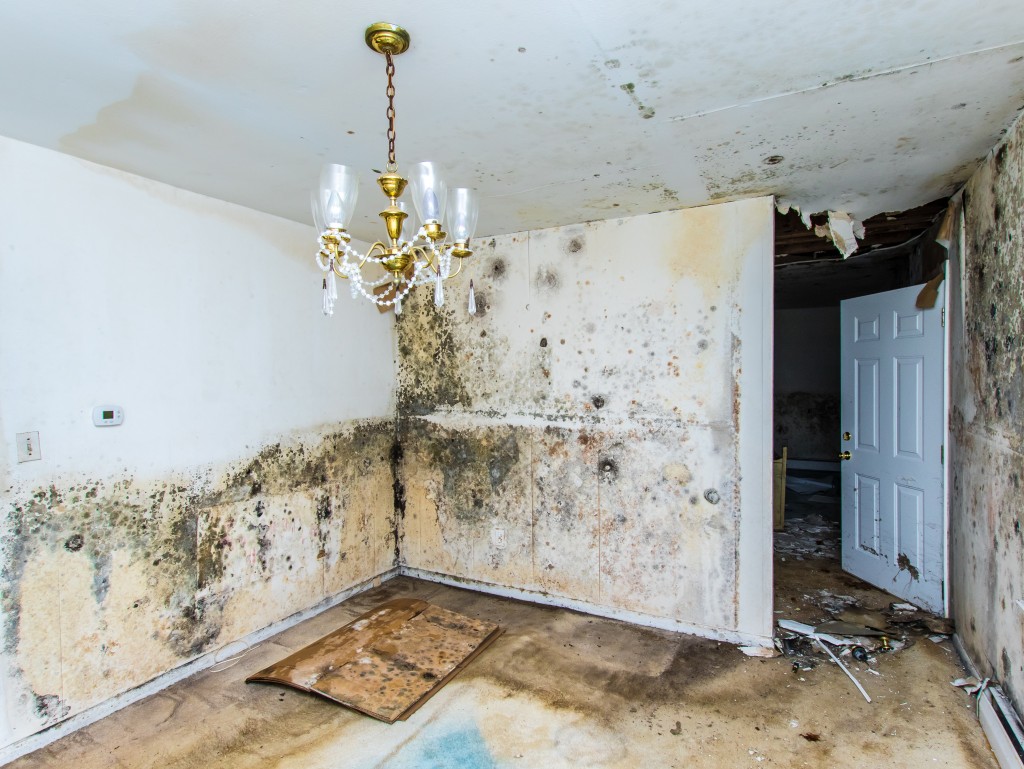Mold removal in Denver can cost $4.18 per square foot for 500 square feet. The average price includes the cost of labor and equipment allowance.
Most homeowners in the city usually spend around $7,500 for standard remediation, but some people pay up to $10,000 for large-scale removal. You should always inspect areas around the house where mold is more likely to happen, such as in the bathroom or kitchen. Hire a professional to check for other places where it can be more challenging to check for mold growth. An inspection can take between two and six hours depending on the problem, while remediation can take from one to five days.
Where Can You Find Mold?
Aside from the bathroom and kitchen, there is a high chance of mold growth on exposed foundation walls, particularly when there are cracks. Windows, window sills, fireplaces, and enclosed attic spaces have a lower risk of developing mold, but you should pay more attention to these areas if you experience water damage around the house.
The likelihood of mold growth also increases due to a leaky roof. Mold thrives in a moist and wet environment, which explains the higher probability of frame from appearing in the bathroom or kitchen. These areas should have adequate ventilation to prevent and stop mold growth. Don’t use bleach

How Does Mold Appear?
Most types of mold appear on wooden or fabric surfaces when humidity reaches more than 70%, but it can also rapidly spread to other areas given the right temperature. Some species can grow on paint and adhesives. If you see a black spot on the wall or ceiling after a storm, mold might have begun to develop behind the surface.
Other mold species can take on blue, green, white, and even red colors. All types of mold are dangerous to your health and property, although the greenish-black type is the most unsafe, especially for people with allergic and respiratory conditions.
The Importance of Inspection
The average cost of a professional mold inspection ranges from $290 to $1,040. You can buy a basic testing kit for just $10, but it might not yield great results. The actual price in Denver will vary based on factors such as your area, the type of mold problem, and the use of specific equipment. A mold specialist can look for signs that aren’t directly linked to moisture, which is the most common cause for mold.
Some of these signs include unsealed window wells and gaps where moisture can enter the house. This is another reason why your HVAC system should be maintained regularly to control humidity.
Overall, you can remove mold without the help of a professional if the problem areas are smaller than 10 square feet. Most remediation work will always require a mold specialist. When choosing among contractors in Denver, find at least three different professionals to compare their rates. Consider hiring a company that also specializes in water and flood damage, as these two scenarios often cause mold-related problems.
